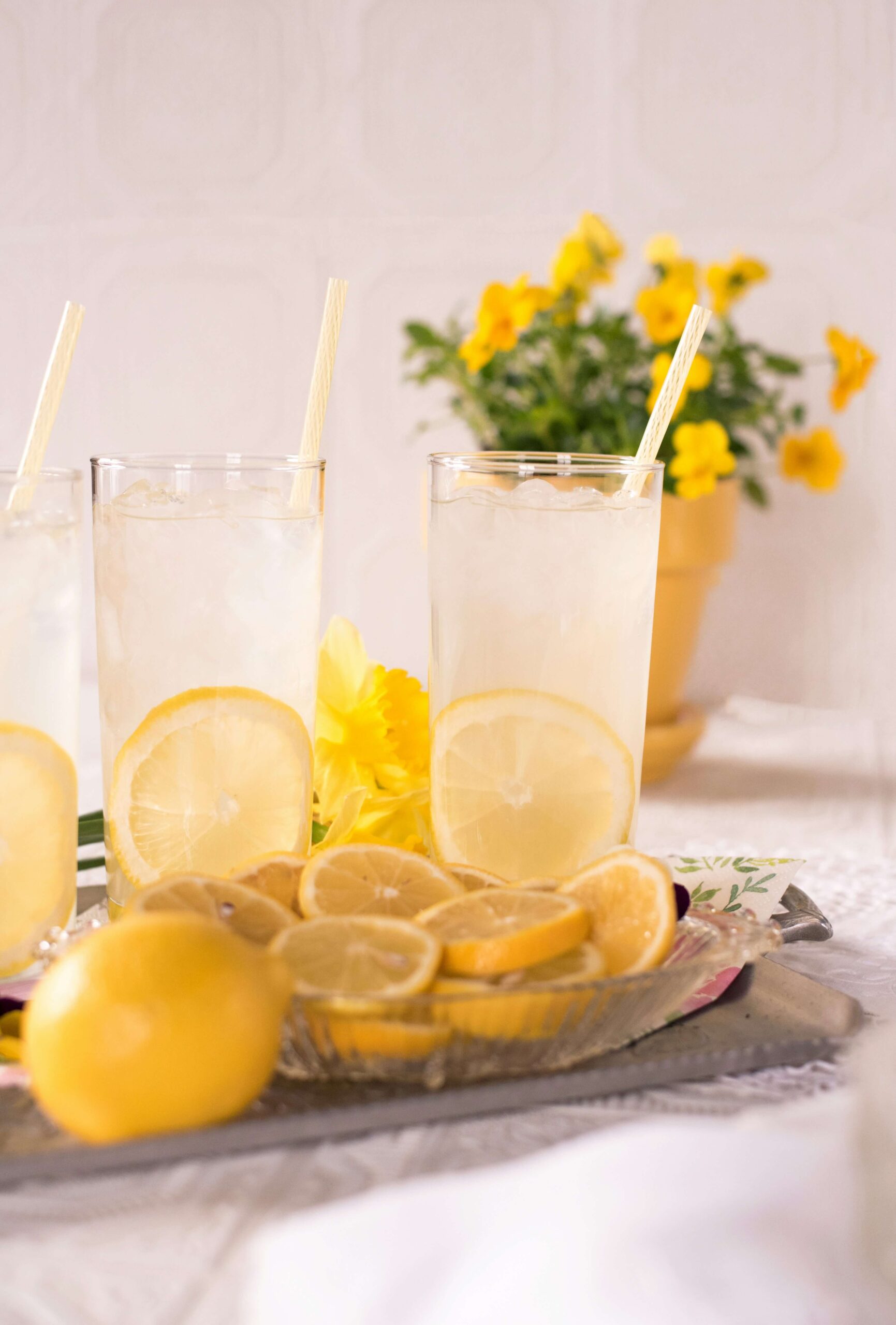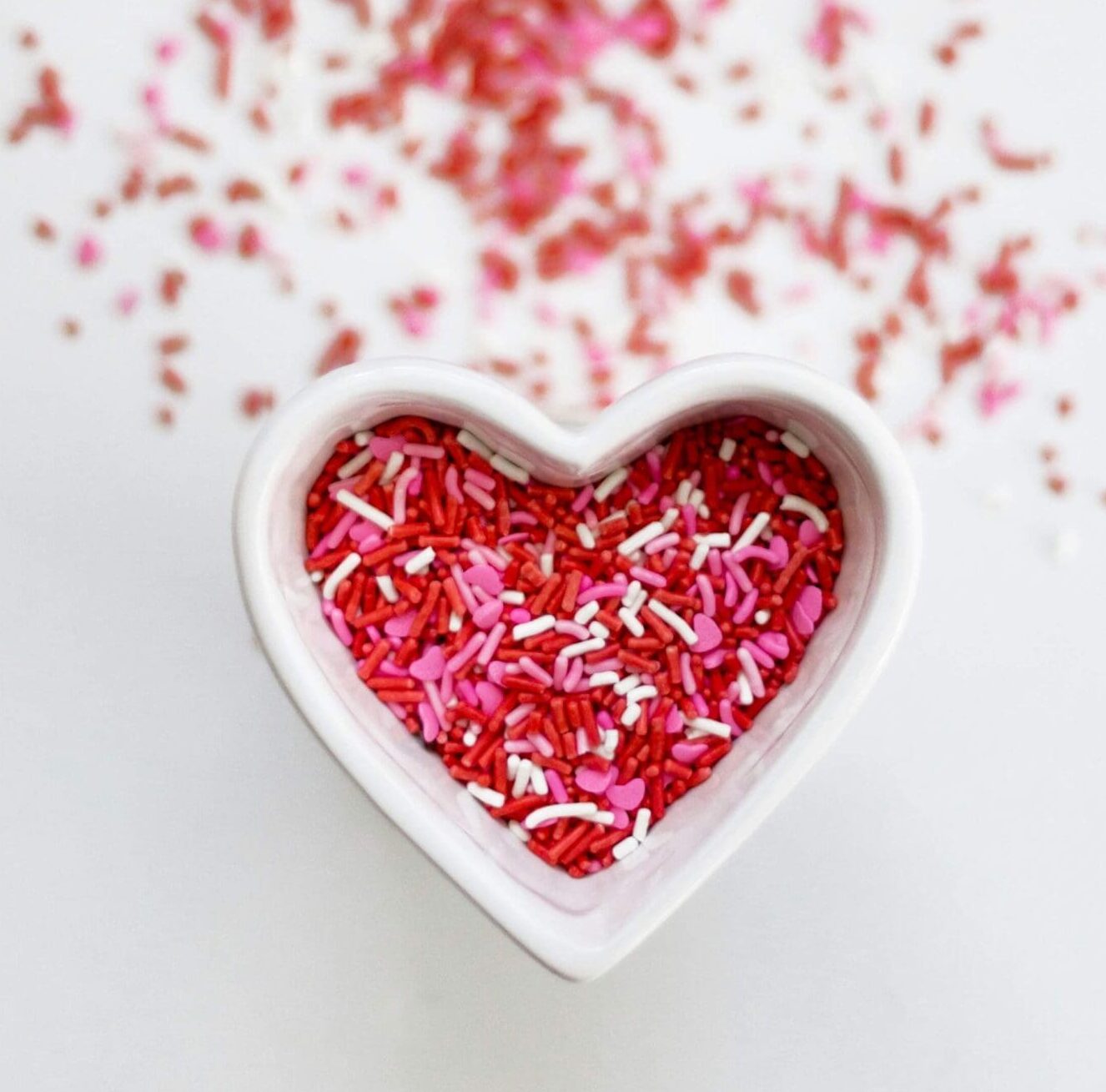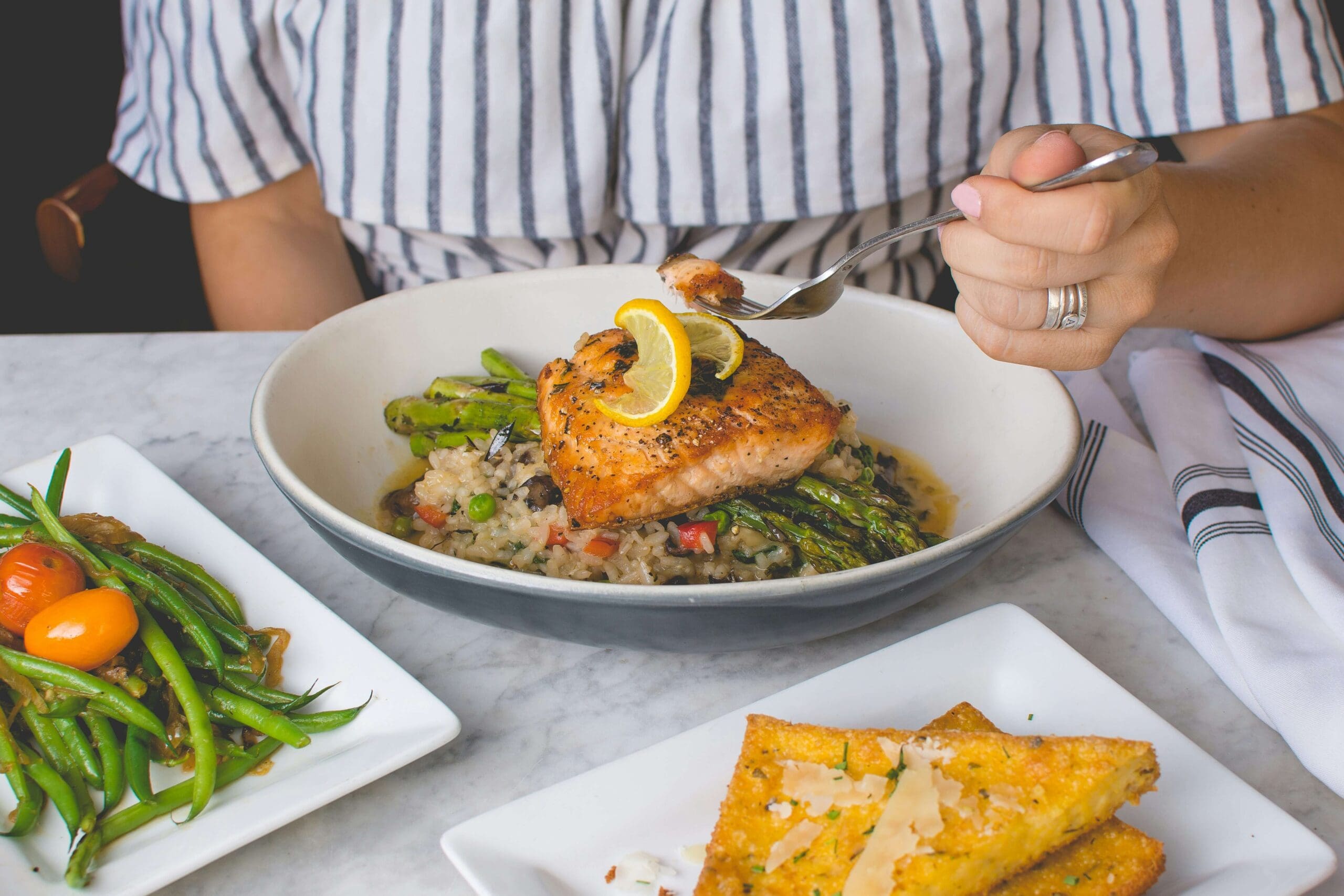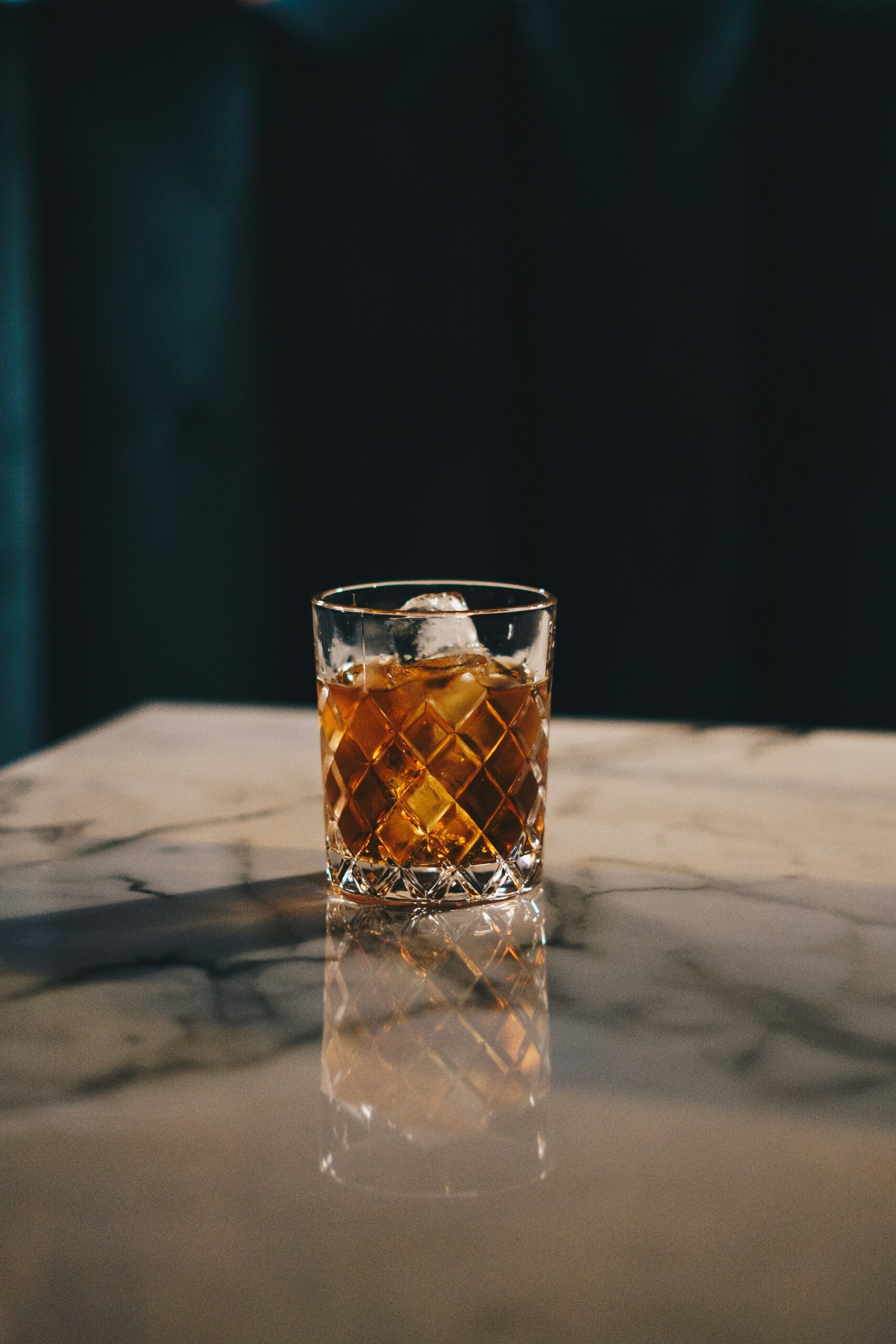Making smart beverage choices transforms your cancer prevention and health journey in ways you might not expect. Every sip counts when you’re navigating the wide range of drinks at grocery stores, coffee shops, and restaurants. The colorful bottles and creative marketing make it challenging to identify truly healthy options to support your cancer prevention goals.
Your body responds differently to various beverages. Understanding these differences empowers you to make informed decisions. From morning coffee routines to afternoon refreshments, the drinks you choose impact your energy levels, weight management goals, and overall cancer prevention goals.
But here’s why this matters even more: excessive sugar intake doesn’t just add empty calories – it contributes to weight gain and excess body fat, which research shows increases the risk of at least 13 different types of cancer. That’s why cutting back on sugary drinks is a critical prevention and survivorship strategy.
What Are Low Sugar Drinks and Why Do They Matter?
Low sugar drinks contain 5 grams or less of sugar per serving, making them ideal alternatives to traditional sodas and juices. These beverages help maintain more balanced blood glucose levels throughout the day. According to CDC research, regular consumption of sugar-sweetened beverages increases your risk of developing type 2 diabetes by 27% with each additional daily serving. The impact extends beyond diabetes to include weight gain, heart disease, dental problems – and even cancer risk.
Understanding Sugar Content in Beverages
Popular beverages hide surprising amounts of sugar that exceed daily recommendations. A single 12-ounce regular soda contains up to 10 teaspoons of sugar, delivering more sweetness than adults should consume in an entire day. Energy drinks, fruit punches, and sweetened teas often contain similar amounts. Reading nutrition labels reveals these hidden sugars listed as high-fructose corn syrup, dextrose, or fruit juice concentrates.
Health Benefits of Choosing Low Sugar Options
Switching to low sugar drinks delivers immediate and long-term health improvements.
Your blood sugar will be more balanced or stabilize dramatically if you are a diabetic, reducing energy crashes and afternoon fatigue. Weight management becomes easier when liquid calories decrease.
Studies from the Harvard School of Public Health demonstrate that replacing one sugary drink daily with water reduces diabetes risk by 10 percent – and given the strong link between obesity and cancer, these swaps support long-term cancer prevention as well.
And if you’re a cancer survivor or in active treatment, you’ll want to go even deeper. I created The Clean Scan Plan: Strategies Using My Signature NED Method™ – a step-by-step approach designed to help survivors rebuild strength, reduce fatigue, and support healing during and after treatment. [Download your free copy here].
How Much Sugar Should You Consume Daily?
The Dietary Guidelines for Americans recommend limiting added sugars to less than 10% of daily calories. For a 2,000-calorie diet, this equals 50 grams or 12 teaspoons of sugar maximum. Children under two should consume zero added sugars. Most Americans exceed these limits, with 30% consuming over 15% of calories from added sugar.
Best Water-Based Low Sugar Drinks
Water remains the ultimate zero-calorie, zero-sugar beverage for optimal hydration. Plain water supports every bodily function without adding calories or affecting blood sugar levels. The American Diabetes Association emphasizes water as the primary beverage choice for people managing blood glucose. Creative additions transform plain water into flavorful drinks without compromising health benefits.
Plain and Sparkling Water Options
Sparkling water provides the satisfying fizz of soda without sugar or calories. Brands like LaCroix, Bubly, and Spindrift offer zero to 4 grams of sugar per can. The carbonation helps many people transition away from sugary sodas successfully. Natural mineral waters like San Pellegrino provide trace minerals alongside hydration.
Infused Water Combinations
Creating infused water at home costs pennies while delivering restaurant-quality flavor. Popular combinations include:
- Cucumber-lemon for digestive support
- Strawberry-basil for antioxidants
- Orange-mint for vitamin C
- Watermelon-lime for summer refreshment
Infusions require 4 hours minimum steeping time for optimal flavor extraction.
Sugar-Free Flavored Sparkling Waters
Modern sparkling waters use natural fruit essences without adding sugar. Waterloo, Nixie, and Poland Spring offer extensive flavor varieties with zero calories and zero sugar. These beverages satisfy cravings for something sweet while maintaining healthy hydration habits.
Low Sugar Tea and Coffee Options
Tea and coffee provide antioxidants, polyphenols, and natural energy without inherent sugar content. Research indicates these beverages offer protective effects against chronic diseases when consumed unsweetened. A Mayo Clinic analysis confirms that plain tea and coffee support healthy weight management. Both hot and cold preparations deliver health benefits while satisfying diverse taste preferences throughout the day.
Unsweetened Green and Black Tea Benefits
Green tea contains catechins that boost metabolism and support fat burning. Studies show drinking 2-3 cups daily may reduce type 2 diabetes risk. Black tea provides theaflavins that improve cholesterol levels. Both varieties offer zero calories when unsweetened and deliver sustained energy without crashes.
Black Coffee and Cold Brew Varieties
Black coffee accelerates metabolism while providing essential antioxidants. Cold brew contains 67% less acid than hot coffee, making it softer on sensitive stomachs. Adding cinnamon or nutmeg enhances flavor without sugar. Research links moderate coffee consumption to reduced risks of liver disease and cognitive decline.
Herbal Tea Alternatives
Caffeine-free herbal teas offer therapeutic benefits without affecting sleep patterns. Chamomile promotes relaxation, peppermint aids digestion, and ginger reduces inflammation. These naturally sweet teas require no added sugar while delivering zero calories per serving.
Sugar-Free Sodas and Soft Drinks
For many people, giving up soda completely feels unrealistic – and that’s okay. The good news is that diet sodas and sugar-free soft drinks are safe, calorie-free, and research does not support claims that they increase cancer risk. In fact, they can be an excellent tool for reducing sugar intake while still enjoying carbonation and familiar flavors.
Zero-Calorie Cola Alternatives
- Zevia Cola – naturally sweetened with stevia, zero sugar, zero calories.
- Virgil’s Zero Sugar line – classic soda flavors using natural ingredients.
- Diet Coke, Diet Pepsi, Coke Zero, Pepsi Zero – familiar taste with zero sugar and no impact on cancer risk.
And if you’re navigating survivorship or treatment, remember: what you drink is just one piece of the puzzle. I created The Clean Scan Plan: Strategies Using My Signature NED Method™ – a free guide designed to help survivors get started on regaining strength, reducing fatigue, and feeling confident about their nutrition choices during and after treatment. [Download it here].
Natural Sweetener Options
Modern sugar-free sodas use sweeteners like stevia, monk fruit, and erythritol, which provide sweetness without calories or blood sugar spikes. These alternatives also avoid the 39 grams of sugar packed into a regular soda.
Best Brands for Sugar-Free Carbonated Drinks
- Spindrift – real fruit juice, 0–4g sugar.
- Zevia – all-natural, zero sugar.
- Nixie – organic certified sparkling water, zero sugar.
- Culture Pop – probiotic sodas, ~5g sugar plus gut health benefits.
If you love the fizz, sugar-free sodas are a safe, cancer-friendly alternative that let you enjoy your favorite flavors while cutting out added sugar and excess calories.
Healthy Low Sugar Juice Alternatives
Traditional fruit juices concentrate natural sugars without fiber, causing rapid blood sugar elevation. Vegetable juices and diluted fruit options provide vitamins without excessive sweetness. The University of Maryland Medical System recommends limiting juice intake while choosing vegetable-based alternatives. Smart juice choices deliver nutrition without the 24 grams of sugar in typical orange juice.
Vegetable Juice Options
Tomato juice contains only 6 grams of natural sugar per cup while providing lycopene and potassium. Green vegetable juices combining celery, cucumber, and leafy greens offer minimal sugar with maximum nutrients. Adding lemon enhances flavor without sweetness.
Low-Sugar Fresh Juice Combinations
Diluting fruit juice with water or sparkling water reduces sugar content by 50-75 percent. Combining vegetables with small amounts of fruit balances sweetness and nutrition. Fresh-pressed combinations should emphasize vegetables over fruits for optimal health benefits.
Coconut Water as a Natural Alternative
Unsweetened coconut water provides natural electrolytes with 6 grams of sugar per cup. This makes it superior to sports drinks containing 14 grams per serving. Natural coconut water supports hydration during exercise without artificial ingredients.
Fermented Low Sugar Beverages
Fermented drinks deliver probiotics that support gut health while keeping sugar content minimal. The fermentation process consumes natural sugars, leaving beneficial bacteria and acids. These beverages improve digestion, boost immunity, and provide unique flavors without sweetness overload.
Low-Sugar Kombucha Options
Quality kombucha contains 2-6 grams of sugar per serving after fermentation completes. Brands like Health-Ade and GT’s offer authentic fermentation without added sweeteners. The beneficial bacteria and acids support digestive health while satisfying cravings for fizzy drinks.
Kefir and Probiotic Drinks
Plain kefir provides protein, calcium, and probiotics with 8 grams of natural milk sugar per cup. Water kefir offers dairy-free alternatives with 3-5 grams of sugar. Both options deliver more diverse probiotic strains than yogurt.
Best Low Blood Sugar Drinks for Diabetics
Managing diabetes requires careful beverage selection to prevent glucose spikes and complications. The American Diabetes Association provides specific guidelines for drink choices that maintain stable blood sugar. Water, unsweetened tea, and coffee rank as top choices for daily consumption. Understanding how different drinks affect glucose helps individuals make informed decisions supporting their health goals.
ADA-Recommended Beverages
The American Diabetes Association prioritizes water as the ideal beverage for diabetes management.
Unsweetened tea and black coffee provide safe alternatives with potential health benefits. Sparkling water satisfies carbonation cravings without affecting blood glucose. These beverages support hydration without requiring insulin adjustments.
Drinks That Won’t Spike Blood Sugar
Zero-carbohydrate beverages maintain steady glucose levels throughout the day. Plain water, unsweetened tea, and black coffee contain zero carbohydrates per serving. Diet sodas using non-nutritive sweeteners typically won’t raise blood sugar, though moderation remains important.
Safe Alcohol Options for Blood Sugar Management
Dry wines contain 3-4 grams of carbs per 5-ounce serving. Distilled spirits like vodka and whiskey contain zero carbohydrates when consumed neat. Light beers provide 3-6 grams of carbs compared to regular beers with 13 grams. Always monitor blood sugar carefully when consuming alcohol.
Plant-Based Milk Alternatives With Low Sugar
Unsweetened plant milks provide creamy textures without dairy sugars or added sweeteners. These alternatives suit lactose-intolerant individuals while supporting various dietary preferences. Choosing unsweetened versions prevents the 12-17 grams of added sugar in flavored varieties.
Unsweetened Almond and Soy Milk
Unsweetened almond milk contains zero grams of sugar and 30 calories per cup. Unsweetened soy milk provides 1 gram of sugar with 7 grams of protein. Both options work excellently in coffee, smoothies, and cereal without adding sweetness.
Other Nut Milk Options
Cashew milk offers creaminess with zero sugar when unsweetened. Macadamia milk provides healthy fats with minimal carbohydrates. Hemp milk delivers omega-3 fatty acids alongside zero grams of sugar.
Sports and Energy Drinks Without Added Sugar
Athletes require hydration and electrolyte replacement without excessive sugar intake. Traditional sports drinks contain 14-17 grams of sugar per 8 ounces, often unnecessary for moderate exercise. Sugar-free alternatives provide essential minerals without caloric burden.
Sugar-Free Electrolyte Options
Electrolyte powders using stevia provide sodium, potassium, and magnesium without sugar. Brands like Ultima and LMNT offer zero sugar with complete electrolyte profiles. These products support endurance activities without glucose spikes.
Natural Hydration Alternatives
Maple water contains natural electrolytes with 5-10 grams of sugar per serving. Watermelon juice provides natural sodium and potassium. Adding sea salt to water creates simple electrolyte drinks without commercial products.
How to Make Your Own Low Sugar Drinks at Home?
Creating homemade beverages controls ingredients while saving money compared to store-bought options. Simple recipes using whole ingredients deliver flavor without hidden sugars or artificial additives. Home preparation ensures freshness and customization for individual preferences.
DIY Infused Water Recipes
Infused waters require only fresh ingredients and time for flavor development. Combine fruits, herbs, and vegetables in glass containers for 4-12 hours refrigerated steeping. Popular recipes yield restaurant-quality beverages at minimal cost.
Homemade Sugar-Free Lemonade
Fresh lemon juice mixed with water and stevia creates classic lemonade without sugar. Adding mint or ginger enhances complexity. This recipe provides vitamin C with zero added sugars.
Creating Natural Flavored Beverages
Herbal syrups using monk fruit sweetener add flavor to sparkling water. Cold-brewing tea concentrates provide bases for custom drinks. Fruit purees diluted with water create low-sugar alternatives to juice.
Reading Labels: How to Identify Low Sugar Drinks?
Understanding nutrition labels prevents accidentally consuming hidden sugars in seemingly healthy drinks. Manufacturers use various names for sugar that consumers might not recognize. Learning label reading skills empowers informed beverage choices supporting health goals.
Understanding Nutrition Labels
Check total sugars and added sugars separately on nutrition facts panels. Beverages with 5 grams or less sugar per serving qualify as low-sugar options. Serving sizes vary between brands, requiring careful comparison.
Health Impact of Switching to Low Sugar Beverages
Replacing sugar-sweetened drinks with low-sugar alternatives improves weight management, reduces diabetes risk, and supports cancer prevention. Research confirms these swaps create measurable improvements within weeks.
Eliminating one daily soda removes 150 calories and 39 grams of sugar – that’s over 1,000 calories per week. Combine this with the cancer-prevention benefits of maintaining a healthy weight, and the impact is life-changing.
Weight Management Benefits
Eliminating one daily sugary drink removes 150 calories and 39 grams of sugar. This creates a weekly deficit of 1,050 calories, supporting gradual weight loss. Liquid calories don’t trigger satiety, making reduction particularly effective for weight management.
Reduced Risk of Type 2 Diabetes
Each daily serving of sugar-sweetened beverages increases diabetes risk by 27 percent. Replacing these drinks with water or unsweetened alternatives significantly reduces this risk. Prevention proves more effective than managing established diabetes.
Common Mistakes When Choosing Low Sugar Drinks
Marketing tactics mislead consumers into choosing beverages that appear healthy but contain substantial sugar. Understanding common pitfalls helps identify truly healthy options versus cleverly marketed products.
Beverages That Seem Healthy But Aren’t
Vitamin waters often contain 26 grams of sugar per bottle. Smoothie drinks pack concentrated fruit sugars without fiber benefits. Energy drinks marketed as healthy alternatives frequently contain both caffeine and sugar.
Hidden Sugar in “Healthy” Drinks
Kombucha brands vary from 2 to 16 grams of sugar per serving. Flavored coconut waters add unnecessary sweeteners to naturally sweet products. Plant-based milks in vanilla or chocolate flavors contain added sugars comparable to dairy chocolate milk.
Making the Switch to Healthier Beverage Choices + Free Resource
Transforming your drinking habits creates lasting health improvements that extend far beyond hydration. The low-sugar drinks in this guide provide delicious alternatives to sugar-laden beverages that dominate store shelves.
The evidence is clear: replacing just one daily sugary beverage reduces diabetes risk, supports weight management, and lowers your risk of 13 different cancers.
If you’re ready to take the next step, download The Clean Scan Plan, where I share proven strategies using my NED Method™ to help cancer survivors get stronger during and after treatment. You’ll also join my email list, where I announce 1:1 coaching openings a couple of times per month.
References
https://diabetes.org/health-wellness/fitness/sports-drinks-impact-on-glucose-blood-sugar
https://www.goodrx.com/conditions/diabetes/drinks-for-diabetics






